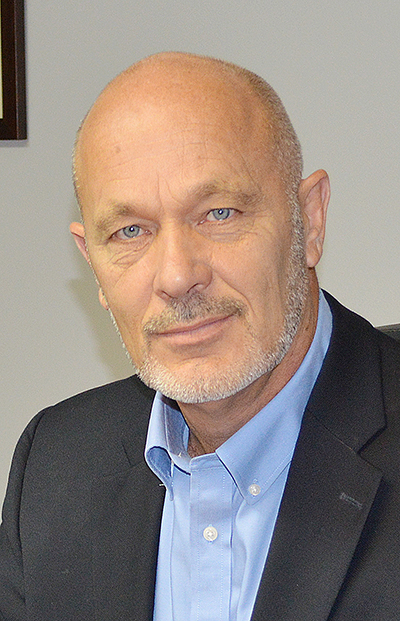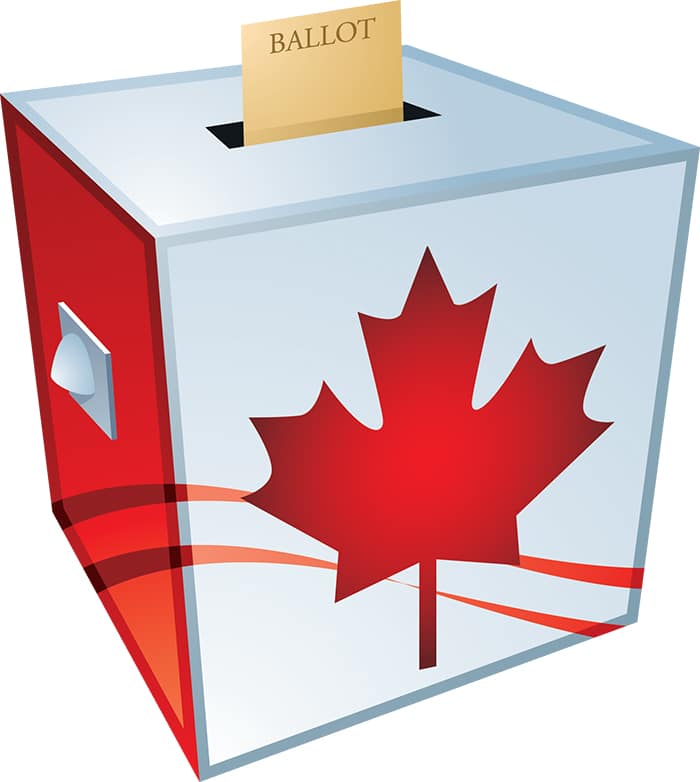
Dave Van Kesteren knows as well as anyone the importance of Union Gas to the Chatham-Kent area and as the founder of the federal natural gas caucus, he said what he’s heard so far has been positive.
He has been contacted by government relations officials from the gas industry who have indicated that the Spectra Energy – Enbridge proposed $37 billion sale isn’t about changing the business as much as it is strengthening it.
“I formed a natural gas caucus seven years ago and it was extremely useful in allowing MPs to know the issues and providing key people and groups in the sector the opportunity to be involved in what we were looking at.”
He said the caucus included representatives from across the country.
“We had Alberta, British Columbia and various other regions involved,” he said.
He said the many contacts he made during his time in Ottawa will allow him to advocate for Chatham-Kent.
“We’ve had Greg Ebel visit us in Ottawa and he is well aware of the strategic importance of Union Gas to the Chatham-Kent area,” he said.
The Canadian-born Ebel, who once headed Union Gas in Chatham, is currently Spectra President and is slated to become the non-executive chairman of Enbridge.
Van Kesteren said the contacts made during his decade-long career on Parliament Hill provide him with perspective.
“I’ve never been antagonistic with the other side and I think that served me well during the last session,” he said.
Van Kesteren said last year’s sitting was initially a difficult one for him.
“It was my first time in Opposition, and it took some time to know exactly what my role was since I’d always been part of the government.”
Van Kesteren said through his years in government he was able to build relationships with members of all parties.
“When it comes right down to it we’re all trying to do the same job,” he said. “For the most part there are good people involved.”
While still involved in the process, he said not having power to make decisions means he has to convince other MPs to see things from his viewpoint.
“I may not always agree with what’s being done but you learn to live with it,” he said.
That attitude means cabinet ministers’ doors remain open to him.
He said he is enjoying his duties as associate critic in International Trade.
“We have some bright people involved and people I respect,” he said. “I enjoy getting out and learning the perspective of Maritimers or western Canadians. I’m here to represent the riding no matter what side of the House I’m on.”
He said he believes the federal Liberals are still riding the wave of popularity that brought them a majority government last fall.
“Canadians really like this prime minister,” he said. “The flip side is that the government hasn’t introduced a lot of legislation and that’s when as a government you face criticism. We (Conservatives) got a lot done but anytime you change things some people are going to be upset. It’s the nature of governing.”
He said the government will have a difficult time with its planned legalization of marijuana, the Trans Pacific Partnership and election reform.
“There are still so many questions about the marijuana and trade legislation and we’re particularly concerned about the election reform because that effects everything.”
The government is considering changing the traditional “first past the post” system and is considering options including ranked ballots, proportional representation, mandatory voting and online voting.
“We’ve had a huge amount of feedback against it, not just locally but across the country,” he said. “That’s why we’re insisting on a national referendum. This is far too important an issue not to have a full, meaningful national debate.”






